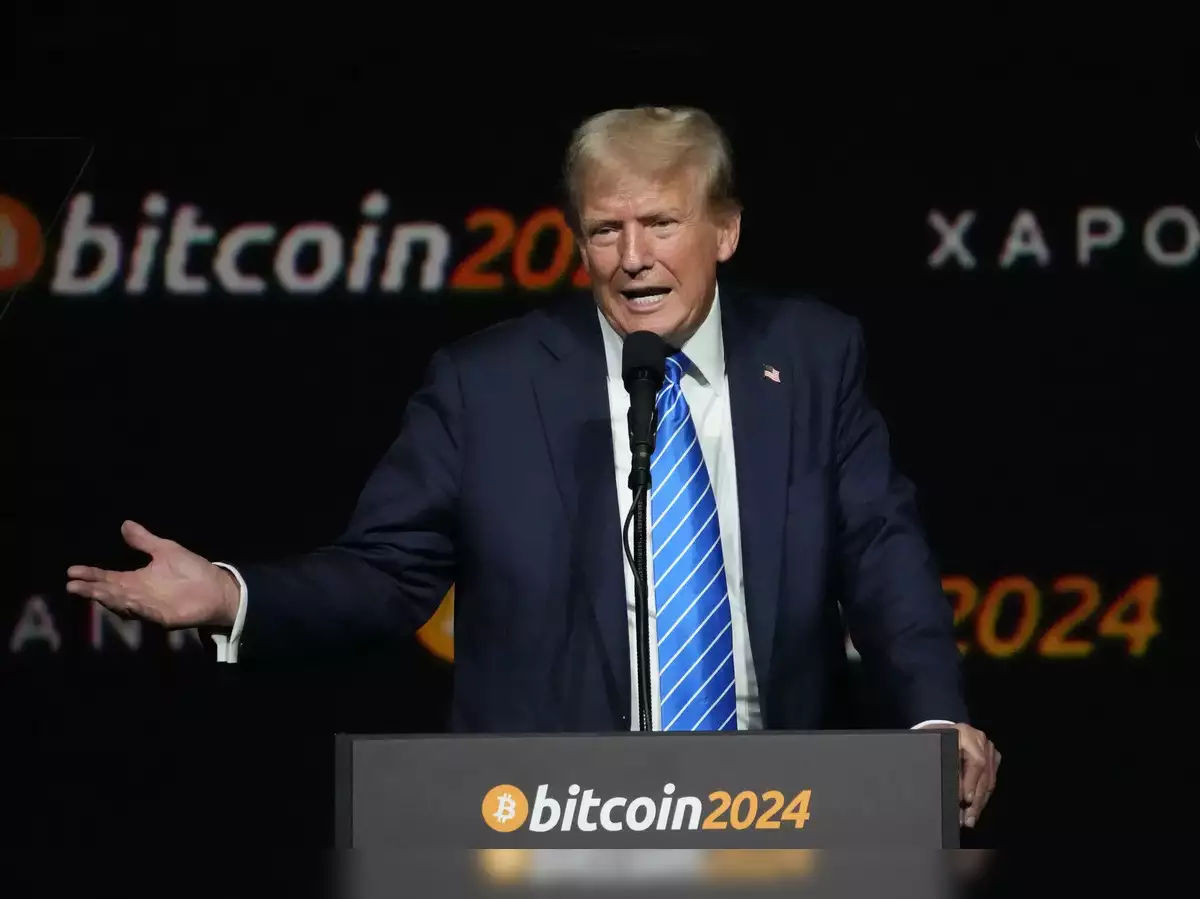The connection between blockchain and artificial intelligence (AI)
The combination of blockchain and artificial intelligence (AI) has the potential to revolutionize several industries. The decentralized and transparent nature of blockchain can help address issues related to AI, including data privacy, security, and trust. The decentralized architecture of blockchain enables secure data collaboration and sharing among numerous parties, promoting trust and encouraging data sharing while allowing individuals to retain control over their data. Blockchain’s immutability and tamper resistance also enhance the reliability of AI systems by providing a verifiable audit trail. Additionally, blockchain can facilitate the decentralized use of AI models, which can improve scalability, single points of failure, and the overall effectiveness and robustness of AI systems. However, there are challenges to consider, such as slower transaction rates and higher energy usage, making blockchain technology currently not scalable. Furthermore, the computationally demanding nature of AI algorithms can make their deployment on blockchain networks difficult. Despite these challenges, ongoing research and development are seeking solutions to maximize the benefits of the interaction between blockchain and AI. As technology continues to evolve, creative solutions are expected to emerge, spurring transformational change across various industries.
The potential collaboration and benefits of combining blockchain and artificial intelligence (AI)
The implementation of blockchain technology can enhance the reliability and openness of AI systems in several ways. These include improving data integrity, enabling secure data collaboration and sharing, simplifying tokenization and incentives, and enabling decentralized.
Improved accuracy and reliability of data.
The inherent immutability and transparency of blockchain technology can significantly enhance the integrity of data used in AI systems. Blockchain technology can provide tamper-proof and verifiable data for AI algorithms, ensuring the accuracy and reliability of predictions and insights.
For instance, blockchain technology can be utilized in supply chain management to track and document the movement of goods. The data can then be analyzed by AI systems to identify patterns, detect anomalies, and optimize logistics processes.
Protected data exchange and cooperation.
To function effectively, AI systems require access to vast and varied data sets. Blockchain technology can provide a secure and decentralized platform for sharing such data. By leveraging blockchain, data can be exchanged among multiple parties without relying on a central authority, ensuring data privacy and control.
For instance, in the healthcare sector, patient records stored on a blockchain can be securely shared with AI models for research or diagnosis, while maintaining the confidentiality of sensitive information.
The process of converting assets into digital tokens and motivation mechanisms.
Blockchain technology has the potential to enable the creation of digital tokens or coins, which can facilitate the incentivization and monetization of AI environments. These tokens can be distributed as rewards to individuals who contribute computational resources, train models, or provide data, thereby promoting collaboration and incentivizing participation in AI research and development.
SingularityNET serves as an exemplary demonstration of this notion, exhibiting the amalgamation of blockchain and artificial intelligence (AI) to establish a decentralized marketplace that enables AI agents to provide their services and earn tokens as remuneration for their contributions.
AI governance is not centralized but distributed.
Blockchain technology has the potential to facilitate decentralized governance and decision-making for AI systems. Smart contracts and decentralized autonomous organizations (DAOs) can enable stakeholders to participate in decision-making processes, promoting fairness and transparency in AI governance.
This approach can be particularly beneficial in areas such as policy enforcement or the selection of AI models. For example, Ocean Protocol utilizes blockchain technology to establish decentralized data marketplaces and governance frameworks, enabling participants to collectively decide on data access and sharing.
The Integration of Blockchain and AI in diverse sectors.
The fusion of blockchain and AI is transforming numerous industries by introducing unprecedented levels of efficiency, security, and transparency.
Blockchain technology has revolutionized supply chain management by ensuring the transparency and immutability of data. AI algorithms can analyze this data to improve logistics and identify abnormalities, making the process more efficient and secure. Walmart and IBM, for example, have collaborated to leverage blockchain and AI to track food supplies, ensuring their safety and authenticity.
In healthcare, blockchain technology offers a secure platform for sharing medical records and protecting sensitive patient information. AI algorithms can analyze this data to develop personalized treatment plans and improve diagnostics. Medicalchain is an example of a blockchain-based platform that enables AI-driven analysis while giving users control over their medical data.
The financial services industry has also benefited from the integration of blockchain and AI. Combining AI algorithms with blockchain’s transparency and immutability can help detect fraud, assess risks, and identify customers accurately. Initiatives such as Quantstamp are using blockchain and AI to enhance the security of smart contracts in the financial sector.
Blockchain can be used to facilitate secure data sharing among autonomous vehicles, enabling decentralized group decision-making. AI algorithms can analyze this shared data to improve traffic management, safety, and navigation. The MOBI project aims to create an autonomous car mobility ecosystem based on blockchain technology.
The possible obstacles and restrictions of integrating blockchain and AI.
The integration of blockchain and AI poses significant challenges related to scalability, energy consumption, interoperability, data privacy, and implementation complexity.
Scalability is a significant concern when integrating blockchain and AI, as blockchain networks may struggle to handle the real-time computing demands and big data associated with AI systems. Additionally, both systems are computationally intensive, leading to environmental concerns. To achieve seamless integration between blockchain networks and
AI models, challenges related to interoperability and standardization must be addressed.
Data security and privacy are also crucial considerations, particularly in industries like healthcare and finance, which are subject to strict privacy laws. AI algorithms may process sensitive information that requires protection, while blockchain offers a secure and immutable data structure. Striking a balance between data privacy and the benefits of AI analysis can be challenging.
The complexity of implementation and administration may also hinder adoption, particularly for smaller organizations. Despite these challenges, efforts are underway to overcome them. Addressing these obstacles is critical to fully realizing the potential of combining blockchain and AI in various industries.
Upcoming developments and opportunities for the future of the fusion between Blockchain and AI.
The potential for the integration of blockchain and AI in the future is vast. One can expect further advancements in privacy-preserving machine learning algorithms, the growth of decentralized AI marketplaces, and enhanced accountability and transparency in AI systems as technology progresses.
One emerging trend is the integration of blockchain technology and federated learning, which allows AI models to be trained on decentralized data while maintaining privacy. Organizations can collaborate to improve AI models while retaining control over sensitive information by securing data locally.
Another significant development is the growth of decentralized AI marketplaces enabled by blockchain-based platforms. These transparent and open marketplaces provide an opportunity for developers to share and monetize their AI models, algorithms, and data. This decentralized approach promotes collaboration, encourages creativity, and ensures fair compensation for contributors, ultimately facilitating the advancement of AI research and development.
Moreover, combining blockchain and AI provides opportunities for improved explainability and auditability. By documenting the actions involved in AI model training and inference on the blockchain, the decision-making process becomes visible and traceable. This can enhance comprehension of AI results, facilitate regulatory compliance, and increase confidence in AI systems.



